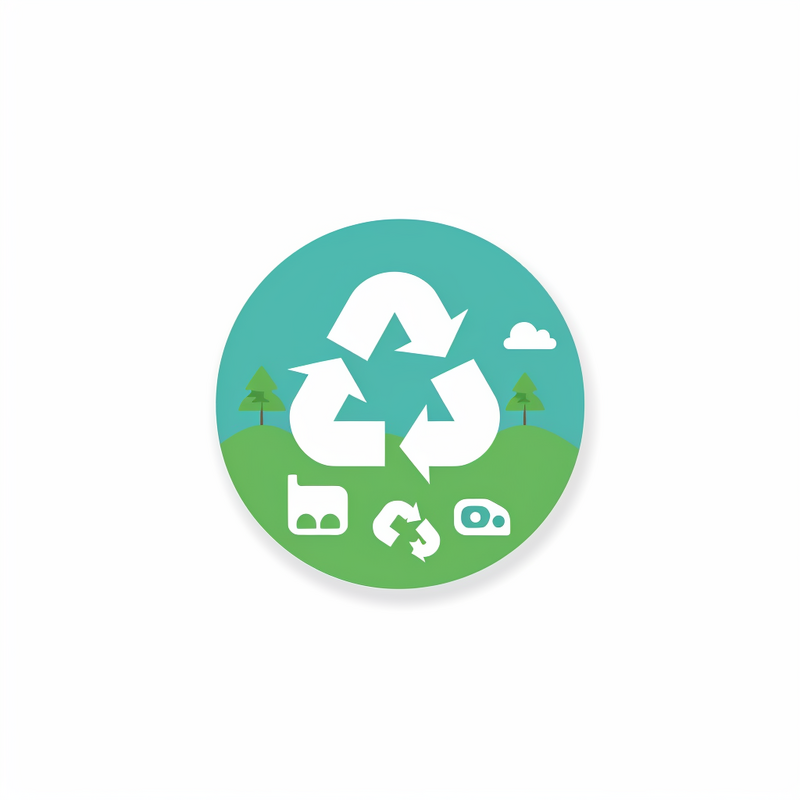
Discussions on the environmental benefits of recycling coffee grounds and reducing waste in landfills.
Finnish company Rens uses them to make trainers. rens. are even now being used to make trainers. The used are processed and mixed with recycled plastic pellets to ...
highest percentage in T1 (1.20%) probably caused by the characteristic of used feed materials; kitchen that consist some of animal based residues. 4. Conclusion. The study definitely reveals that can be decomposed through vermicomposting by using L.rubellus value-added material.
8. In landscaping. Our acid-loving plants relish spent as a fertilizer. 9. To enrich your compost pile. Round out that pile of yard debris and leaf mulch with kitchen scraps like to encourage the most earthworm activity. 10. As a natural bug repellent.
beans are one of the most widely traded products around the world; as a result, large amounts of spent (SCGs) from shops are sent to This contributes to a global food loss and problem, now estimated to reach 2.1 billion tonnes of wasted food and lost economic value of $1.5 trillion globally by 2030 ( Hegnsholt et al., 2018 ).
aluminium capsules offers several , such as , conserving natural resources, and decreasing energy consumption compared to producing new aluminium. However, the eco-friendliness of these capsules is contingent on several factors:
Composting has exciting aspects when it comes to . For info on cafe grease trap pumping services, see here. An organic food bin will take the ( any other food ) to produce electricity or use it for industrial composting. We will discuss why using as fertiliser is such a great ...
is not just a delightful morning pick-me-up; it also holds incredible potential to contribute to sustainable practices and stewardship. By implementing a composting program, shops can take a significant step towards , benefiting local gardeners, and fostering a greener community. The Power of Composting ...
offers several : Reduced Impact: Diverting from reduces methane emissions. Methane is a potent greenhouse gas, and by its release, we can significantly mitigate the impact of . Soil Enhancement: When added to compost, enrich ...
disposal of spent is not safe, as with most organic , because the risk of spontaneous combustion is quite high , addition, excessive production of harmful methane and carbon dioxide can occur (Sousa and Ferreira, 2019), which contribute to overall air pollution (Komilis and Ham, 2004).
collecting are plentiful! Firstly, it reduces while limiting the release of methane gas, which is vital for fighting climate change.
conversion of into renewable energy offers several notable : Reduction of : By diverting used from , this innovation helps alleviate the burden on space and mitigates methane emissions, a potent greenhouse gas.
Biorefining of : turning an problem into an opportunity. February 2020. Samir El Hajjaji. The work presented herein proposes to turn the growing ...
is perhaps one of the most vital ingredients in humans' daily life in modern world. However, this causes the production of million tons of relevant , i.e., plastic cups, aluminum capsules, chaff (silver skin), and spent (SCG), all thrown untreated into It is estimated that 1 kg of instant generates around 2 kg of wet SCG; a relatively ...
solutions, food industry, and agricultural sector. Thus, the latest developments and approaches of SCG management are reviewed and discussed. Keywords Bioactive compounds . Circular economy . . Food . . . SCG valorization . Solid Introduction consumption in recent years has grown ...
This paper will discuss the properties and potential applications of spent , brief production process of polylactic acid, and the potential process for converting spent ...
Spent (SCG) are one of the organic that make up a significant proportion of the total organic going to Australia generates around 75,000 tonnes of every year, a significant proportion of which is directly deposited into
When a product such as are deposited in a , decomposition process produces methane, which has 21 times more greenhouse gas effects than carbon dioxide. Mukherjee and her research team have a goal of finding sustainable strategies to re-use and recycle organic products in Canada rather than seeing it go to
Here are five surprising ways can be reused and contribute towards the circular economy: 1. Biofuels. If you ever leave your cup of for a while, you'll see that a shiny layer appears on top. That layer is the natural oils contained within beans. Not all of these oils are released into a cup of .
Used are a product made from the brewing of freshly . average between 11g and 14g of are required to make one cup, generating wet that cannot be brewed again and are typically disposed of along with general . It's estimated that in Australia alone, around 65,000 tonnes of used ...
, this creates an acidic leachate (liquid) which can damage the surrounding soil. " addition to this, the decomposition of also generates greenhouse gases," Hector adds. These gases have a further effect on the environment and contribute to climate change. Melanie says: "When are ...
Technological solutions for . Biochar production offers one intriguing approach to SCGs. This entails heating organic materials, such as , a low-oxygen ...
(Coffea) is one of the largest-selling beverages in the world, creating a large amount of . spent (SCG) contain numerous organic compounds (fatty acids, amino acids, polysaccharides and polyphenols) and minerals with extremely high economic value for thus have the potential to be used in the pharmaceutical and cosmetic industries.
is the world's second largest beverage only next to water. After consumption, spent (SCGs) are usually thrown away and eventually end up in recent years, technologies and policies are actively under development to change this century old practice, and develop SCGs into value added energy and materials. In this paper, technologies and practices are ...